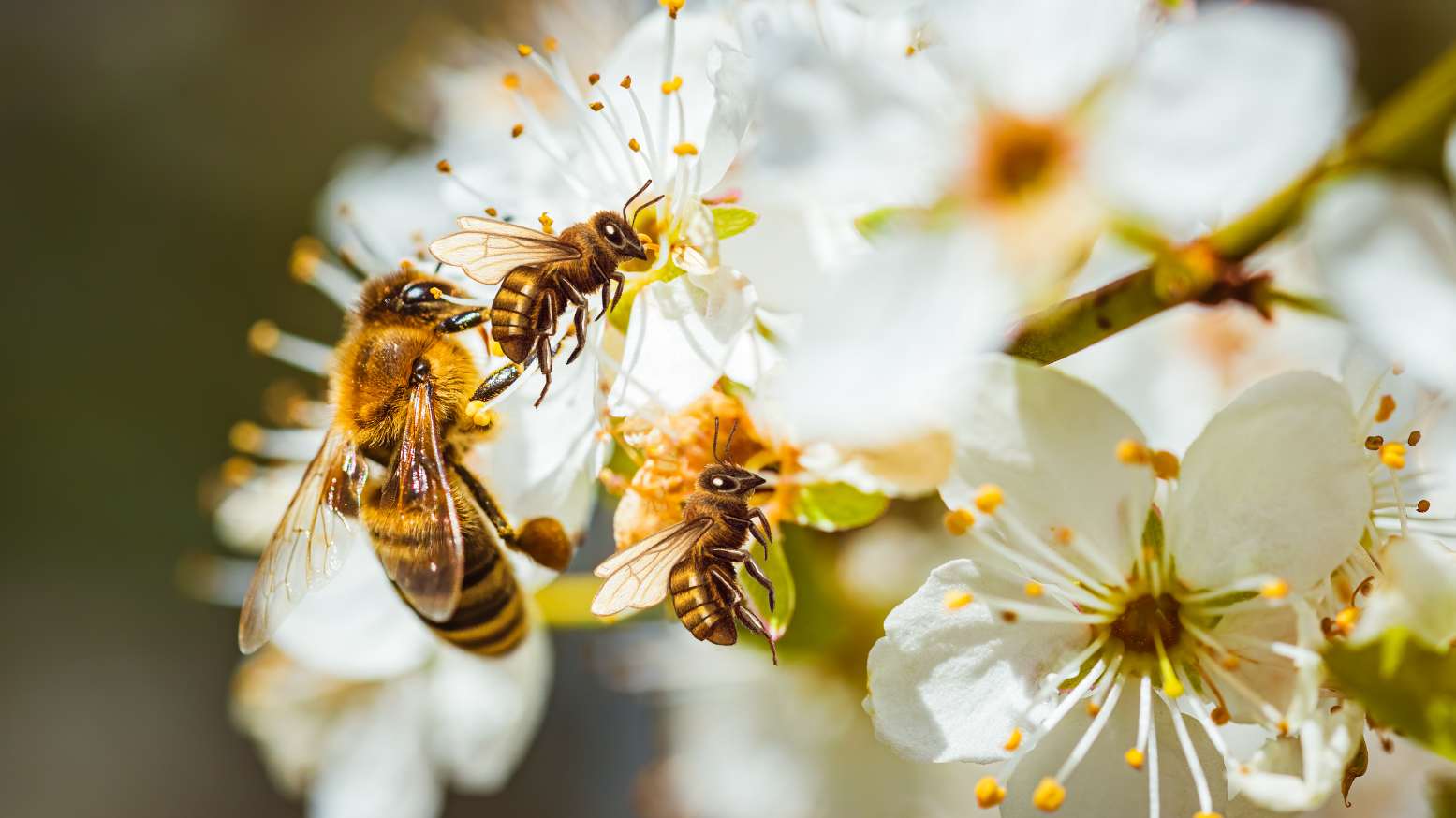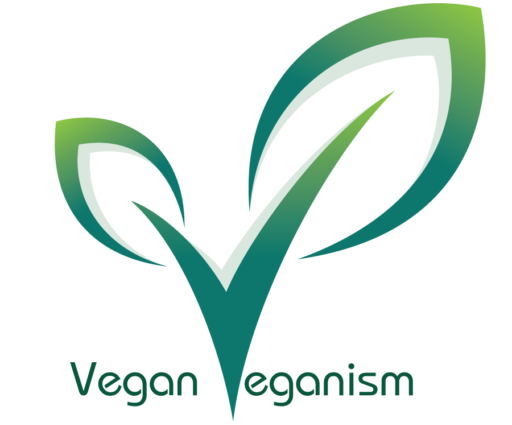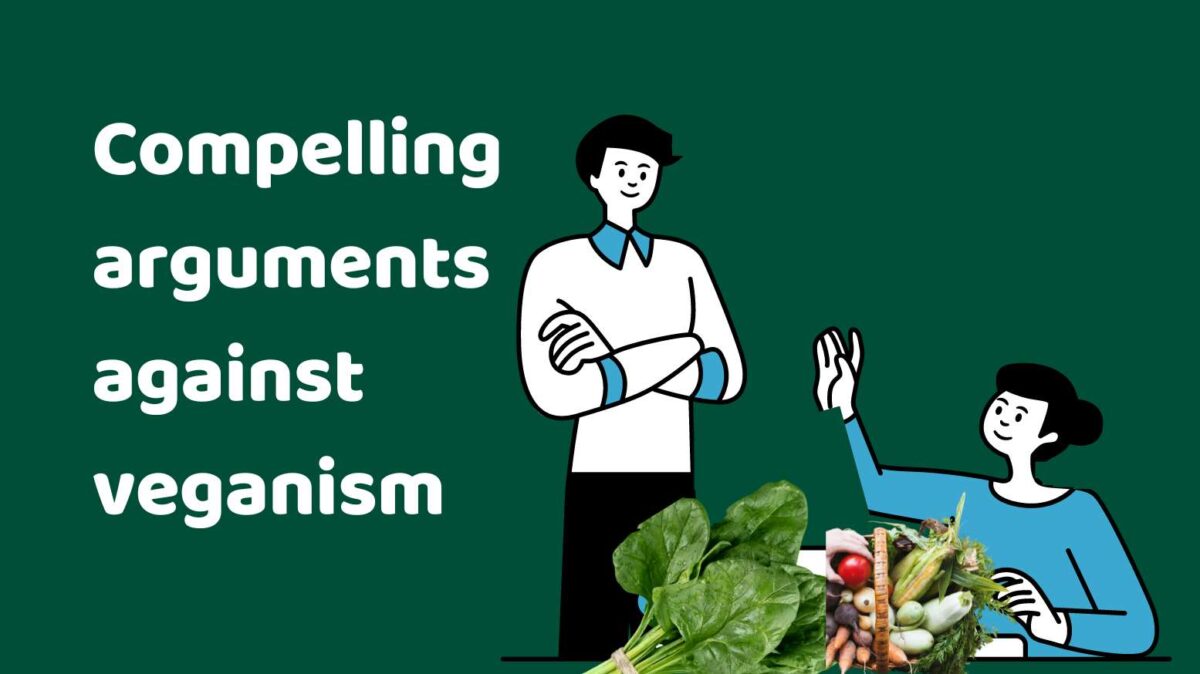It is difficult to make something that is so noble like a lifestyle based around saving the lives of innocent animals a bad thing. But like there are two sides to everything, there are some compelling arguments against veganism which makes transitioning into a vegan quite controversial.
It is not a healthy diet.

A common objection to veganism centers on the alleged health consequences of switching to a plant-based diet. According to critics, a vegan diet may be deficient in vital elements like iron, vitamin B12, omega-3 fatty acids, and complete proteins present in animal products. Detractors argue that the lack of these essential nutrients may result in malnourishment and other health issues. Vegan advocates, however, frequently refute these assertions by emphasizing the availability of plant-based substitutes and the possibility of a nutrient-rich, well-balanced vegan diet with thoughtful preparation and supplementation.
Elimination of the natural predators.
The ecological ramifications of possible herbivorous species overpopulation are another controversial aspect of veganism. Others contend that the equilibrium of ecosystems may be upset if hunters stop controlling and regulating herbivorous populations.
An oversupply of herbivores could arise from the lack of predation, which could cause problems including overgrazing, habitat damage, and increased competition for resources.
This argument emphasizes the intricate interconnection of ecosystems and the necessity of careful wildlife management techniques to preserve ecological balance, even though it doesn’t necessarily condemn veganism per se.
The vegan alternatives to clothing and shoes damage the environment in the long run.
While they provide cruelty-free solutions, vegan shoes and clothes eventually present environmental problems. Typically, materials like faux fur and vegan leather are made of synthetic materials, such as polyester/acrylic for faux fur and recycled plastic for vegan leather.
Sadly, these materials take a long time to break down, which adds to landfills’ environmental impact. Natural leather and fur, on the other hand, take between 10 and 50 years to degrade. Thus, concerns regarding the sustainability of vegan fashion alternatives are raised by their effects on the environment.
The production of vegan food can be destructive to the environment.
The manufacture of vegan food raises several environmental issues, as demonstrated by well-known alternatives such as oat milk. While oat milk is a popular option, there is debate surrounding its manufacturing. The production of oat milk needs a significant quantity of land, which could result in environmental deterioration even if it has a lower carbon footprint than alternatives like almond and rice milk.
Furthermore, adverse effects on farmers have been linked to the processing of oat milk. These intricacies highlight the necessity of having a thorough grasp of how different vegan alternatives affect the environment.
Effect on the bees.

Bees are one of the natural pollinators. Vegans do not consume honey to protect and not ‘steal’ from the bees. However, to increase production, farmers have resorted to using pesticides and other harmful chemicals which has negatively affected the bees.
The farmers do not do this to hurt the natural pollinators but, because they cannot afford to lose their produce to pests. Unfortunately, the bees are caught up in it.
The need for a lot of water

The cultivation of plants requires a lot of water. The rise in veganism in the past years has increased the demand for plants and grains. Not all farmers have access to freshwater and not all places have accessible fresh water. They need to transport water from other places. This increases the carbon footprint and is also very costly for the farmers.
Although veganism is frequently praised for its moral position supporting the welfare of animals, it might not be as perfect as its supporters suggest. The main motivations for veganism supporters are moral ones, such as a desire to save animals suffering. On the other hand, it seems that some supporters are unaware of the possible harm that their dietary and lifestyle choices could cause to the environment.
It is critical to recognize that eating meat is not intrinsically bad, nor is becoming a vegan a terrible decision. True care for animals motivates vegans to follow a particular diet and lifestyle plan with the goal of preventing animal suffering caused by humans.
It’s important to acknowledge and support the fundamental reason behind vegan habits, which is the well-being of helpless animals, even in the face of possible misconceptions and imperfections in their application.
You may also like:
Why do vegans always talk about how they’re vegans
Why are you not vegan If you are a vegetarian
FAQs
1. Is there an argument against veganism?
It is estimated that meat has been consumed by us (and our predecessors) for 2.6 million years. If it weren’t for eating meat, scientists contend that animal protein was essential in assisting early hominids in developing larger brains, which means that humans most likely wouldn’t even be here today.
2. What are compelling arguments against veganism?
Animals suffer during the manufacture of animal products, but since there are plenty of substitutes available that don’t involve using animals, both the suffering of the animals and the products themselves are superfluous.
3. What is the negative impact of veganism on health?
A rigorous vegan diet has also been linked to additional health problems such as anemia, skin rashes, weak bones, muscle atrophy, and hair loss.
4. Does veganism actually help?
Research indicates that compared to meat- or fish-eating diets, vegan diets typically have much smaller ecological, water-, and carbon footprints.
5. What is the moral side of veganism?
A modest ethical veganism does not consider it immoral to use animals or their byproducts in any situation.
6. Is veganism good for the climate?
According to new research from the University of Oxford, people who eat a plant-based diet contribute 75% less greenhouse gas emissions than people who eat more than 3.5 ounces of meat per day. A vegan diet also dramatically reduces damage to land, water, and biodiversity.

